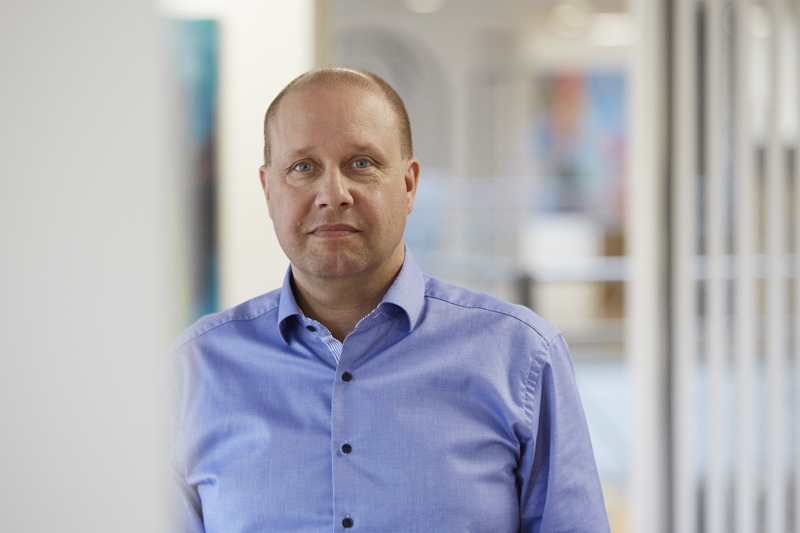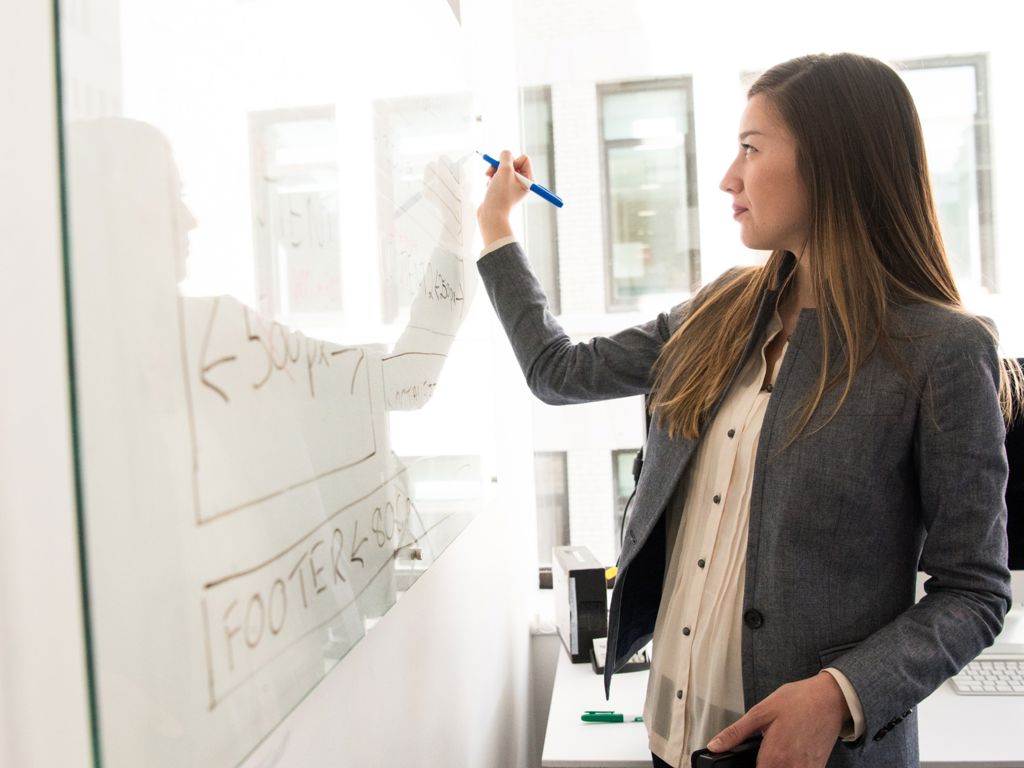Your personnel file has become digital – but do not let that scare you
The technological development is here to stay. Therefore, we need to put data ethics on the agenda, according to Steen Lund Olsen, Vice President of Finansforbundet
The brown personnel file that was locked in a drawer in the manager’s office has today been replaced by a digital counterpart.
But in addition to phone and bank account numbers, your employer can also collect digital footprints about you, which may be difficult to ascertain. In other countries, we have seen horrific examples of companies controlling employees by tracking the number of keystrokes they make or by watching the webcam.
And, for that very reason, it is important to put data ethics on the agenda, says Steen Lund Olsen, Vice President of Finansforbundet.
"When technology develops at such a rapid pace, it is much better to start the discussion now, before the train has left the station," he says, and is at the same time pleased that a minister for digitalisation has been appointed.

"I am incredibly pleased that we have a minister who sees opportunities rather than limitations and who focuses on accountability rather than cracking the whip. It is also a good thing that the minister expresses a political interest in future-proofing the way data, new technologies and algorithms are included in and impact our workplaces and work lives."
The less you know, the more you worry
Employees and managers in the financial sector are generally confident that data about them is used in a responsible manner. That is the conclusion of the survey "Data ethics in the financial sector".
In that same survey, 47 per cent nevertheless responds that they are worried about how their data might be used in future. Steen Lund Olsen acknowledges their concern, while at the same time urging that we remain calm.
In his view, this is because the less you know about what data the company collects and how this data is used, the more worried you may can get.
He compares it to the time when the banks started installing cameras.
"Back then, lots of people said, 'So now they are going to keep track of when I am at my desk, and what I am doing?' But after a while, they realised that no one was looking at the footage – unless they had a reason, such as a bank robbery," he explains.
Microsoft Viva: Friend or foe?
He points out how, at that time, an agreement was in place in the industrial system about who looked at what and in which situations. And it is the same type of agreements we should now keep to in relation to the technological development.
According to the Vice President, he is sometimes taken by surprise when Microsoft Viva suddenly comments on how packed his calendar appears to be.
"You could see it as a cool assistant who can help organise your work, but you could also worry about who is watching."
And he believes that is precisely why dialogue with the employers is so important.
"We do not want to end up in separate corners wearing boxing gloves. We need to work together on figuring out how to take care of this data and agree on how to use it."
Data must never stand alone
At the same time, he calls for a more constructive approach to the opportunities provided by data. It may be new opportunities for discovering patterns that may predict stress, or achieving a more optimal team composition. You may also be able to optimise tasks and leave the hard, physical work to digital solutions.
"We just need to make sure that it is done properly based on the right framework and the stated intention. Ideally, we will all know what is stored and how we should work with it," says Steen Lund Olsen, emphasising that important decisions must never be based solely on data or an algorithm.
"It is great that data collection can be used to qualify decisions, but it cannot, and must never, stand alone."
United in data ethics
In a digitised society, thousands of data trails are stored every single day. How do we achieve transparency of the type of data being stored at the workplace? And what these data are used for? Get knowledge and inspiration here.
Read more





